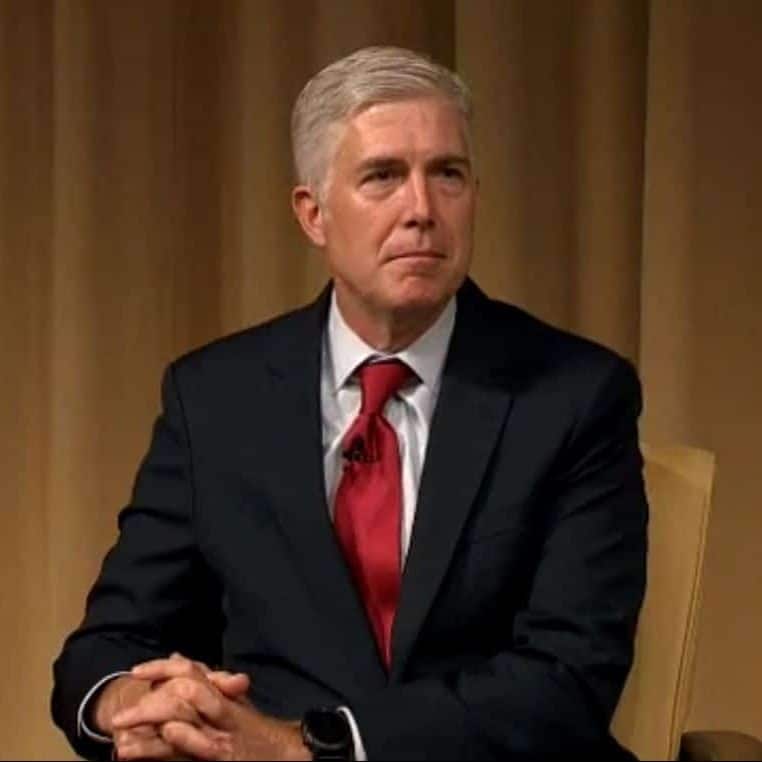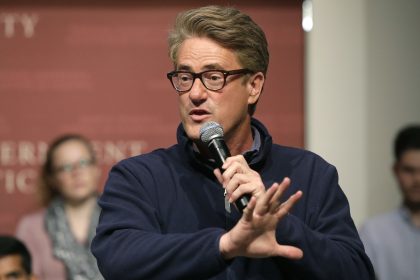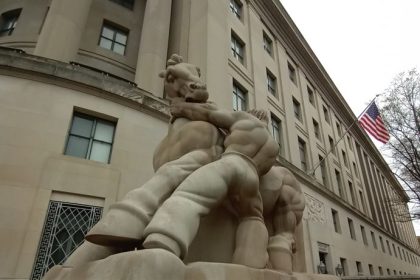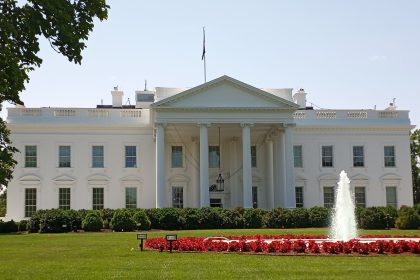Gay, Transgender Workers Protected by Anti-Discrimination Laws, Supreme Court Rules

WASHINGTON – In a landmark ruling, the U.S. Supreme Court said Monday that the Civil Rights Act of 1964 protects gay, lesbian and transgender workers from workplace discrimination.
The 6-3 ruling was considered something of a surprise, given the supposed rightward tilt of the court since President Donald Trump appointed Justices Neil Gorsuch and Brett Kavanaugh.
In fact, it was Gorsuch who wrote the majority opinion, He was joined by Chief Justice John Roberts Jr., and Justices Stephen Breyer, Ruth Bader Ginsburg, Elena Kagan, and Sonia Sotomayor.
The ruling was also the court’s first on a dispute over LGBTQ rights since the retirement of Justice Anthony Kennedy in 2018.
Kennedy was the author of the majority opinion in all four of the court’s major gay rights decisions, beginning with Romer v. Evans in 1996 and continuing through Obergefell v. Hodges in 2015.
In Romer the court found a Colorado amendment that banned protection from discrimination based on sexual orientation violated the Equal Protection Clause; Obergefell made same-sex marriage legal across the United States.
Kennedy’s two other majority opinions on gay rights were Lawrence v. Texas in 2003, which struck down a Texas law prohibiting same-sex sexual activity — invalidating sodomy laws in 13 other states — and United States v. Windsor, which in 2013 struck down the portion of the Defense of Marriage Act that defined marriage as between a man and a woman for federal purposes.
Significantly, all four of those decisions were grounded in constitutional law. In contrast, the consolidated cases that led to Monday’s ruling were squarely concerned with statutory interpretation.
Title VII of the Civil Rights Act of 1964 bars employment discrimination based on race, religion, national origin and sex.
The court considered two sets of cases. The first concerned a pair of lawsuits from gay men who said they were fired because of their sexual orientation. The second was about a suit from a transgender woman who said her employer fired her when she announced that she would embrace her gender identity at work.
The question for the justices to decide was whether that last prohibition — discrimination “because of sex”– applies to many millions of gay and transgender workers.
The first case was filed by Gerald Bostock, a gay man who was fired from a government program that helped neglected and abused children in Clayton County, Ga., after he joined a gay softball league.
The second was brought by a skydiving instructor, Donald Zarda, who also said he was fired because he was gay. His dismissal followed a complaint from a female customer who had expressed concerns about being strapped to Zarda during a tandem dive.
Zarda, hoping to reassure the woman, told her that he was “100 percent gay.” He died in a 2014 skydiving accident, and his estate pursued his case.
The case on transgender rights is R.G. & G.R. Harris Funeral Homes Inc. v. Equal Employment Opportunity Commission. It concerns Aimee Stephens, who was fired from a Michigan funeral home after she announced in 2013 that she was a transgender woman and would start working in women’s clothing. Stephens died last month.
During oral arguments, attorneys for employers and the Trump administration argued the common understanding of sex discrimination in 1964 was bias against women or men and did not encompass discrimination based on sexual orientation and gender identity.
If Congress wanted to protect gay and transgender workers, they said, the appropriate thing would be for it to pass a new law explicitly saying so.
Lawyers for the workers responded that discrimination against employees based on sexual orientation or transgender status must take account of sex.
Writing for the majority, Justice Gorsuch said, “An employer who fires an individual for being homosexual or transgender fires that person for traits or actions it would not have questioned in members of a different sex. Sex plays a necessary and undisguisable role in the decision, exactly what Title VII forbids.”
Justices Samuel Alito, Brett Kavanaugh and Clarence Thomas dissented, with Alito writing, “The Court tries to convince readers that it is merely enforcing the terms of the statute, but that is preposterous.”
“Even as understood today, the concept of discrimination because of ‘sex’ is different from discrimination because of ‘sexual orientation’ or ‘gender identity,’” the dissent said.
In his opinion, Gorsuch noted this is surely not the last word on the LGBTQ rights. Already, a number of cases are working their way through the courts dealing with everything from sex-segregated public bathrooms to transgender students participating in school athletic events.
“None of these other laws are before us; we have not had the benefit of adversarial testing about the meaning of their terms, and we do not prejudge any such question today,” he wrote.
There are an estimated 11.3 million LGBTQ people currently living in the United States, and Monday’s ruling is expected to have big consequences for the vast majority of them who live in states that didn’t previously protect them from workplace discrimination.
Prior to Monday, about 20 states had laws in place preventing job discrimination due to gender identity and sexual orientation; six anti-discrimination laws that applied to public employees.
Gorsuch’s opinion extends those protections across the country.
Shortly after the ruling was announced, House Speaker Nancy Pelosi released a statement calling it a “momentous decision” and “a victory for the LGBTQ community, for our democracy and for our fundamental values of equality and justice for all.”
“Yet, the Trump Administration continues to advance an outrageous, hateful anti-LGBTQ agenda that risks the health and well-being of countless LGBTQ Americans and their families,” Pelosi said. “And in too many places, LGBTQ individuals face continued persecution, harassment and violence, particularly trans women of color who face a disproportionately high rate of homelessness, HIV, sexual assault and murder.
“To finally and fully end LGBTQ discrimination, not just in the workplace, but in every place, last year, House Democrats passed the landmark Equality Act. Now, Leader McConnell must end his partisan obstruction and allow the Senate to vote on this critical legislation,” the Speaker concluded.
























